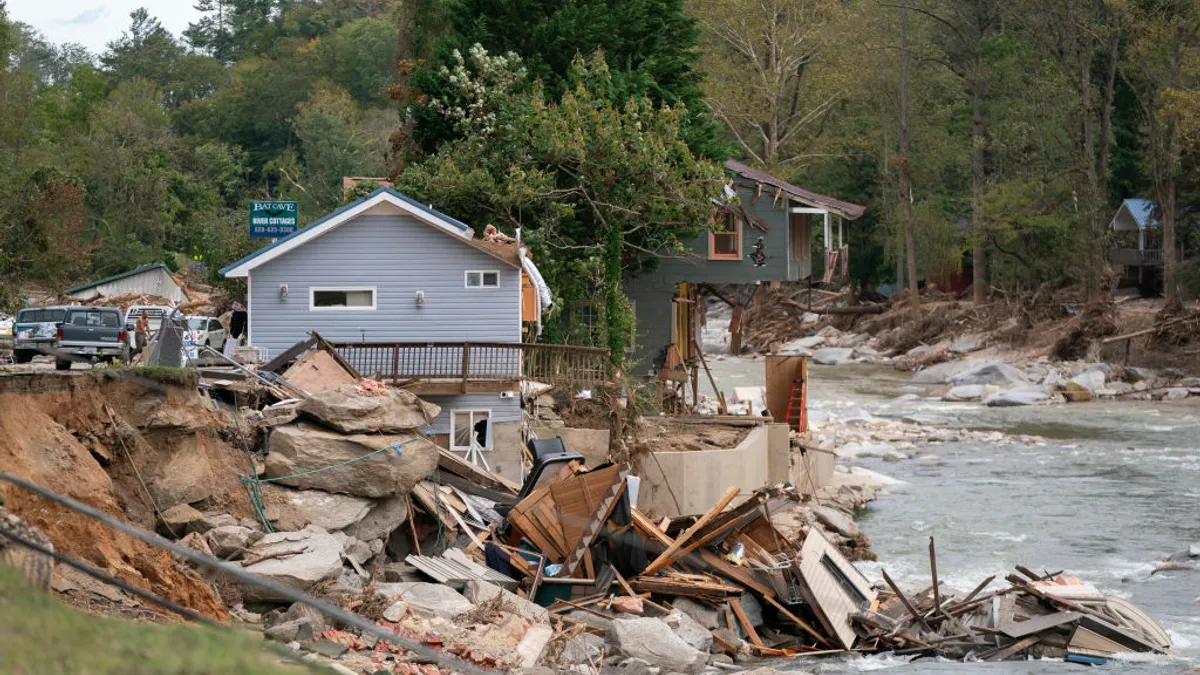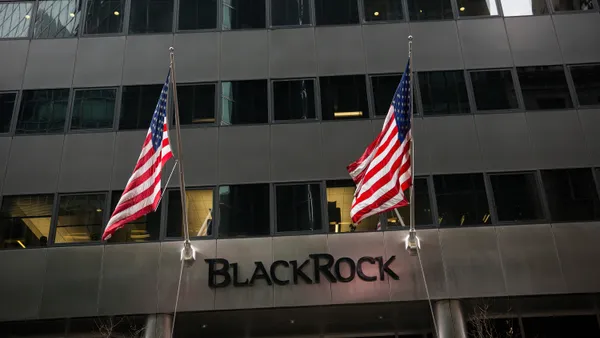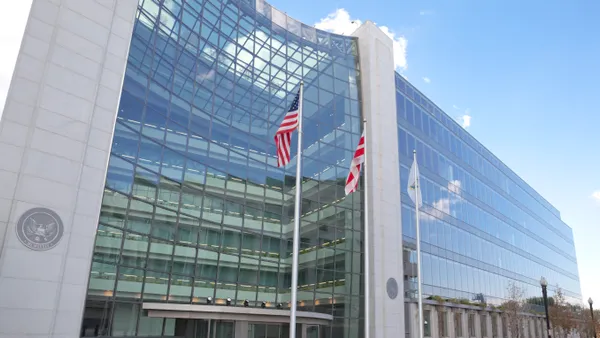Dive Brief:
- A group of climate, finance and insurance experts launched a nonprofit last week aimed at curbing and better managing the risks associated with natural disasters by serving as a central platform for disaster insurance research and information.
- The “Insurance for Good” organization will also look to accelerate and boost innovation for new programs, tools and pilots geared toward transforming the risk adaptation and management process, as well as support policy and regulatory reform within the insurance market, per the nonprofit’s website.
- The nonprofit is spearheaded by Carolyn Kousky, the associate vice president for economics and policy at the Environmental Defense Fund. The rest of the team and advisory slate include experts from the Climate Resilience Fund, Rhodium Group, St. Bernard Project, Council on Foreign Relations and Harvard University, among others.
Dive Insight:
The nonprofit said it will work to harness “risk transfer” — or any mechanism, be it private or public, which shifts risk from one entity to another — in “support of social and environmental goals.”
Insurance for Good’s mission statement says it will also focus on improving the disaster recovery process, driving investments in natural disaster resilience, fast-tracking the energy transition and boosting approaches and solutions that simultaneously have a positive impact on nature. Adopting such a risk management framework helps absorb large financial losses, according to the organization, which also stressed the need for innovation in the insurance market as traditional approaches fall short in adapting to growing risks.
Kousky previously served as director at the University of Pennsylvania’s Wharton Risk Management and Decisions Processes Center, which developed and promoted corporate and public policies for dealing with catastrophic events. When unveiling the nonprofit, she said the planet is facing a wide range of threats, ranging from record-breaking temperature increases to the growing inequality among communities, that continue to get worse as new risks begin to emerge.
“Our failure to decarbonize has locked us into ever-rising physical risks ranging from hurricanes and wildfires to hail and tornadoes to salt-water intrusion and drought,” Kousky said in a Nov. 1 statement.
Kousky said the world must update its approach to insurance to adapt to these risks.
“Insurance is no longer something that can be assumed or expected. People, governments, and institutions need to develop risk and insurance literacy—and fast,” she added.
The launch of the nonprofit builds on recent concerns raised by policy makers regarding insurance markets, especially in relation to weather-related disasters and climate change.
Earlier this year, participants of a Senate Budget Committee hearing drew parallels between the current home insurance market and the housing market before the 2008 recession. The Senate panel noted that home insurance premiums have increased alongside the severity and frequency of severe weather events due to climate change.












